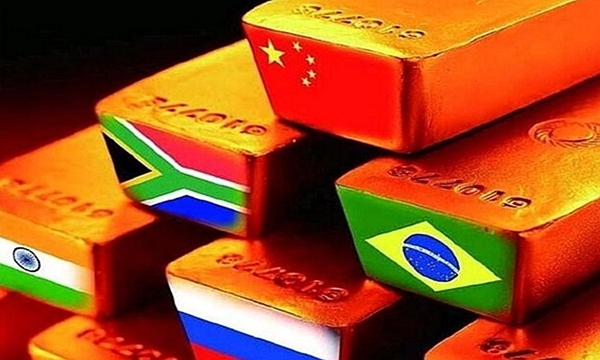
Sourabh Gupta, Senior Fellow, Institute for China-America Studies
Sep 25, 2017
Going forward, as Brazil, Russia, India, China and South Africa set forth a broad and compelling vision for the next ten years, that vision must be informed by the principles, purposes, associations and ambitions that guided them through their first decade of collaboration and partnership.
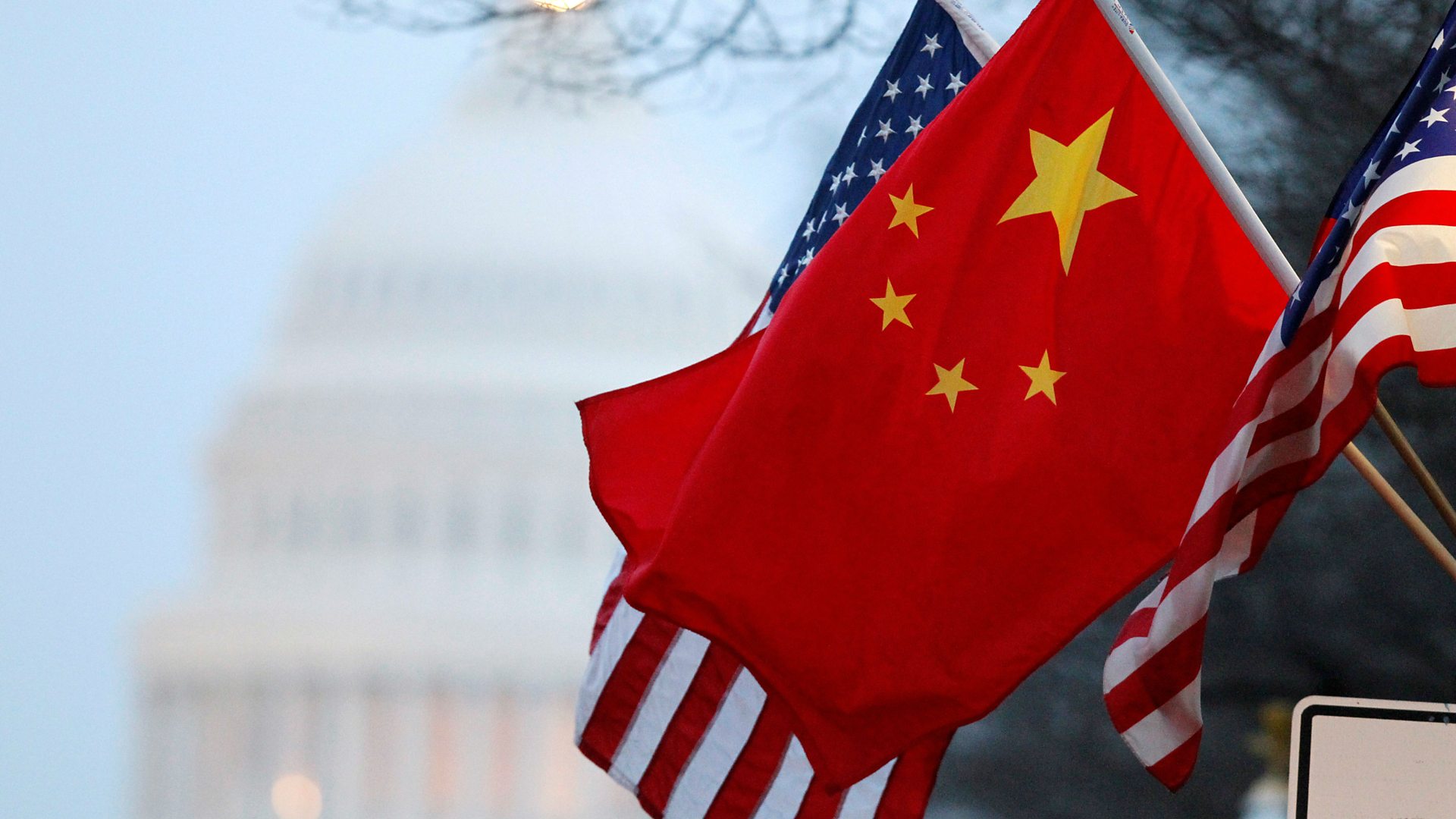
Doug Bandow, Senior Fellow, Cato Institute
Sep 19, 2017
In any normal sense America has little to fear from the PRC. Even if Beijing desired to threaten the American homeland, conquer U.S. territories, or interdict American commerce, it has little ability to do so. What China seeks is to end Washington’s dominance along the former’s coast, an objective more defensive than offensive.
Carla Freeman, Director of the Foreign Policy Institute of Johns Hopkins SAIS
Sep 18, 2017
Since the election of Donald Trump to the U.S. presidency, pressuring China to curb North Korea’s nuclear program has become the pivot on which present U.S. policy toward China rests. Beyond this issue, however, U.S.-China relations need to be moved from crisis management to managed mode. On the U.S. side, the appointment of a point person at the White House with the authority to coordinate China policy across agencies is a critical step. However, it seems likely that President Trump will not alter his basic leadership style, and also probable that Beijing will be less tolerant of that style after the 19th Party Congress and his visit.
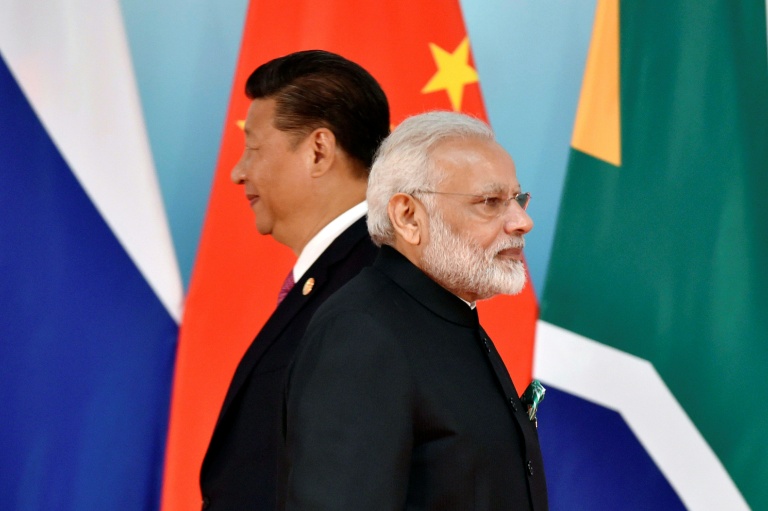
Ma Jiali, Director, China Reform Forum
Sep 15, 2017
Both sides have stood down on Donglang, but China and India both have a lot to do to repair their strained relationship.
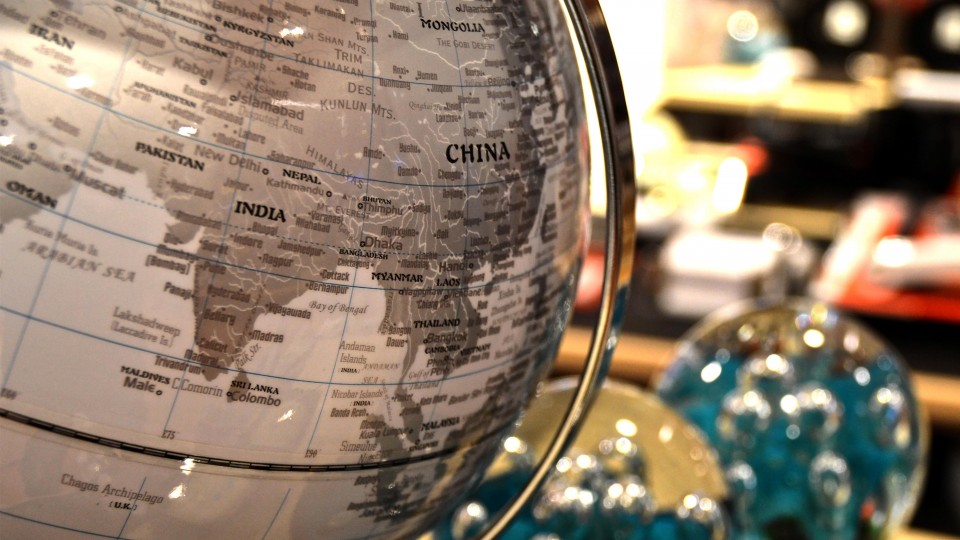
Xue Li, Senior Fellow, Chinese Academy of Social Sciences
Zheng Haiqi, School of International Studies, Renmin University of China
Sep 11, 2017
South Asia has been given a big role in China’s Belt and Road Initiative (BRI). The countries there, however, show varying degrees of enthusiasm for the plan.
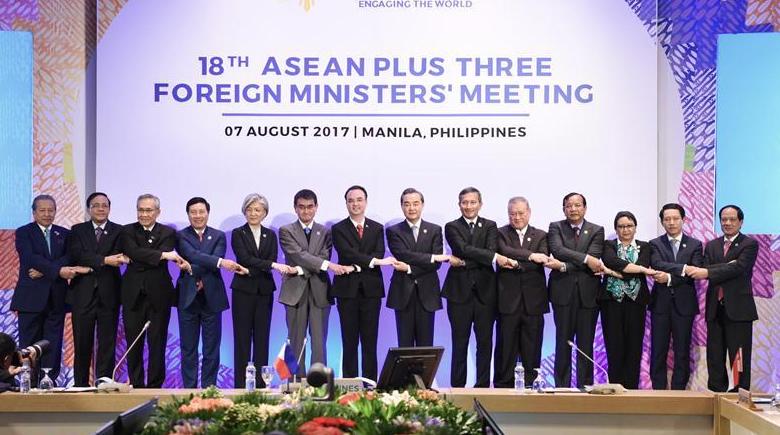
Curtis S. Chin, Former U.S. Ambassador to Asian Development Bank
Sep 08, 2017
Garnering much less attention from the ASEAN summit was the single paragraph that “noted Timor-Leste’s application for ASEAN membership and looked forward to the continued discussion” about reports and capacity building regarding that small Southeast Asian island nation’s longstanding efforts to join the regional bloc. This newest of Asian nations – having regained independence from Indonesia in 2002 – deserves ASEAN, U.S. and Chinese investment and support for its efforts to further integrate and engage with the wider region.
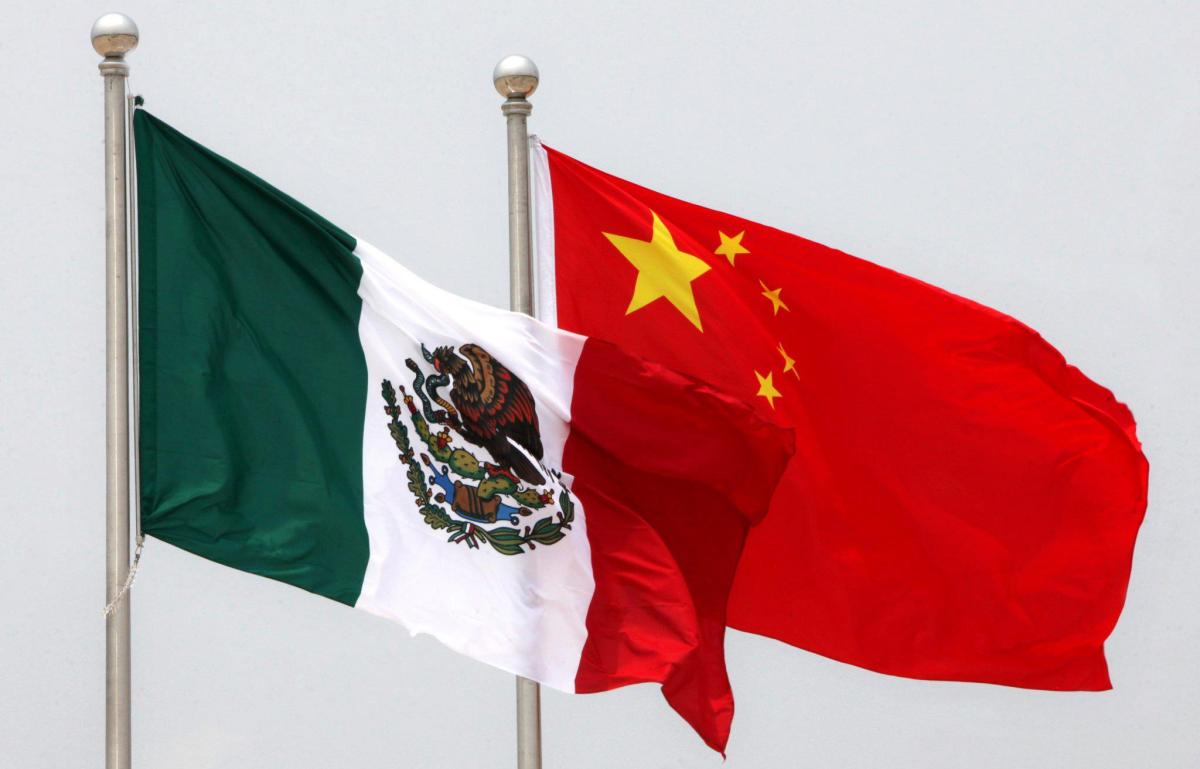
Eric Farnsworth, Vice President, COA, Washington D.C. Office
Sep 08, 2017
The avowed purpose of this latest trip of the Mexican president, which occurred even as officials from the United States and Canada were in Mexico City conducting the second round of NAFTA negotiations, was to build further economic links with BRICS nations, in particular China. Arguably, however, the real if unstated purpose of Pena Nieto’s visit to China while NAFTA negotiations were in progress in his own country was to show Mexico’s ability to diversify its economic relations beyond the United States.
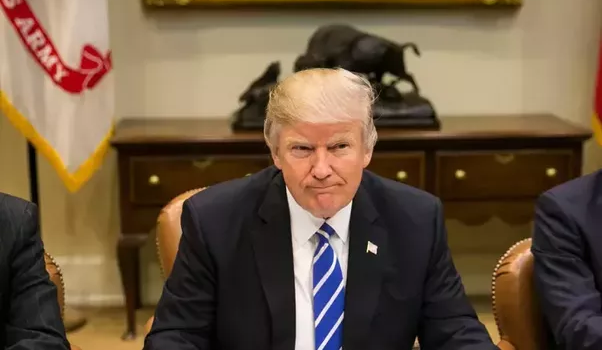
Joseph S. Nye, Professor, Harvard University
Sep 07, 2017
The United States has never had a president like Donald Trump. With a narcissistic personality and a short attention span, and lacking experience in world affairs, he tends to project slogans rather than strategy in foreign policy.
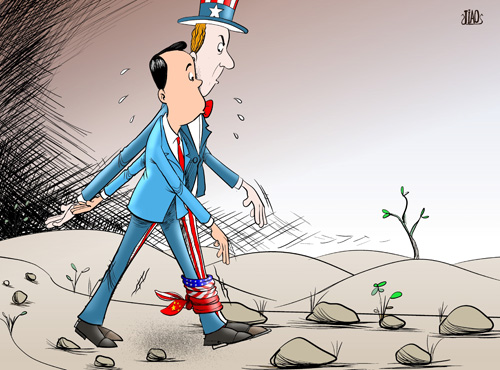
Chen Jimin, Guest Researcher, Center for Peace and Development Studies, China Association for International Friendly Contact
Sep 05, 2017
The volatility of Donald Trump’s administration has added to the uncertainties in China-US relations. Circumstances present both opportunities and challenges.
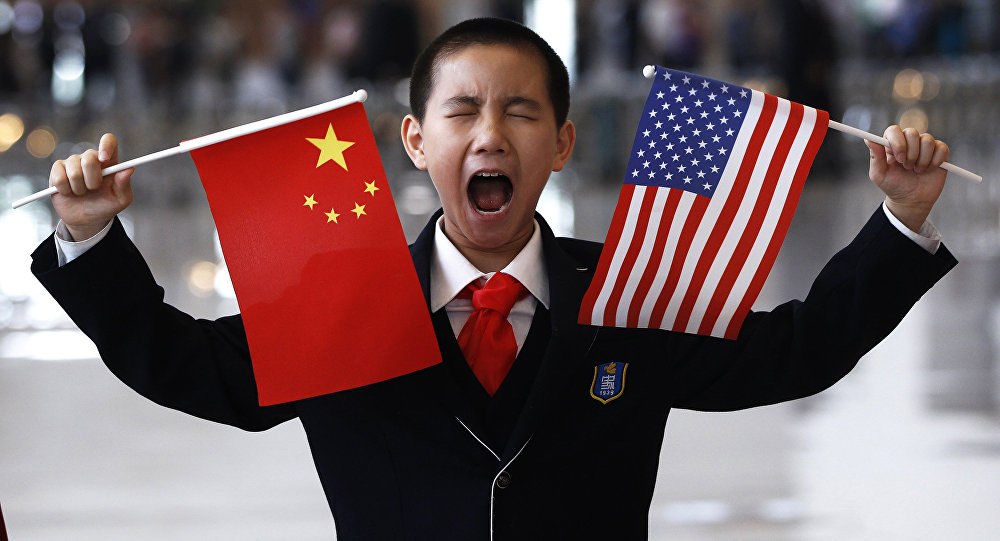
Jia Qingguo, Director and Professor, Institute for Global Cooperation and Understanding, Peking University
Sep 01, 2017
China-US relations will likely end up somewhere between hostile confrontation and friendly cooperation. They will likely continue to fluctuate between limited conflict and limited cooperation.
Back to Top

- China-US Focus builds trust and understanding between the U.S. and China through open dialogue among thought leaders.
- Our Offerings
- Topics
- Videos
- Podcasts
- Columnists
- Research Reports
- Focus Digest
- Stay Connected
-
Thanks for signing up!
- Get the latest stories from China-US Focus weekly.